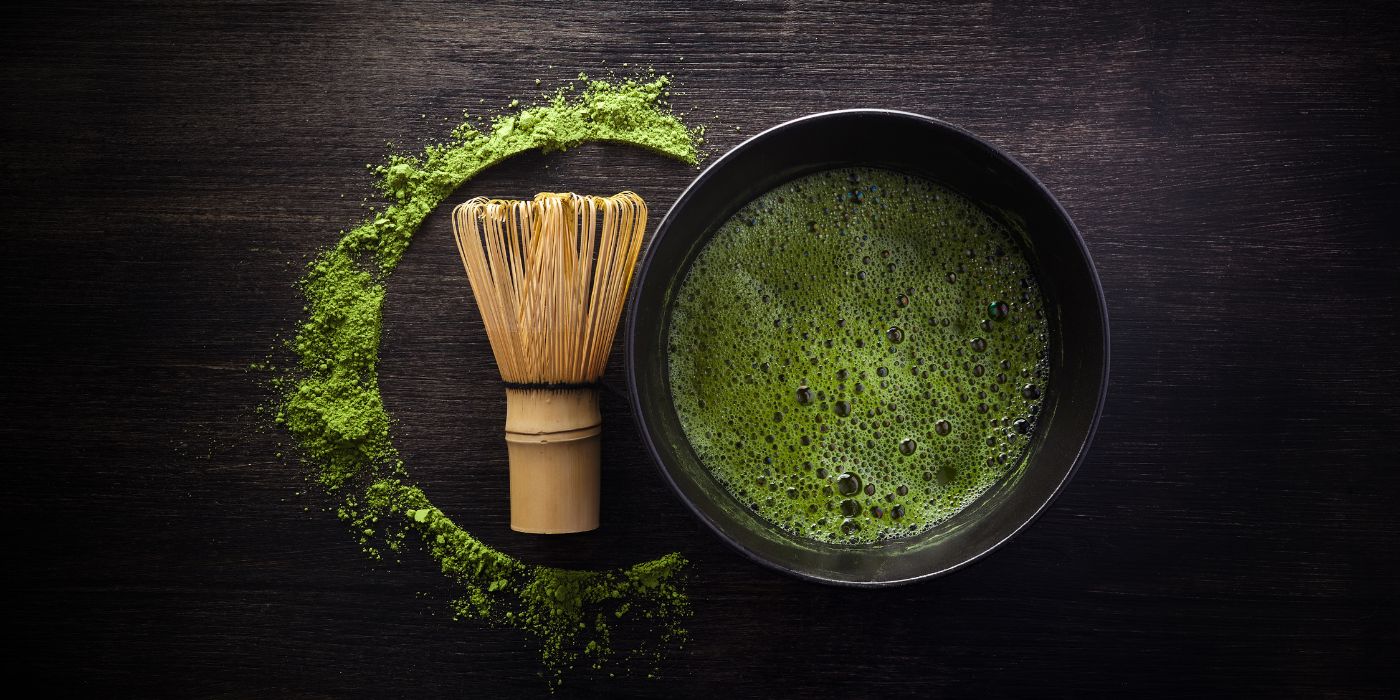How Long Does Kratom Stay In Your System?
Kratom is a plant called Mitragyna speciosa. It grows on trees in Southeast Asia. People use kratom for many reasons, like pain relief, energy, or relaxation. Some drink it as tea. Others take it as a capsule, powder, or even smoke it. But one big question many people ask is: how long does kratom stay in your system?
Let’s break it down into simple parts so it’s easy to understand.

What Is Kratom?
Kratom comes from the mitragyna tree. Its leaves contain something called alkaloids. The main active ingredient is mitragynine. That’s what gives kratom its effects.
People say kratom can work as a stimulant (to boost energy) or an analgesic (to stop pain). Some even feel euphoria (a strong happy feeling). But kratom also acts like an opioid, which can lead to substance abuse, substance dependence, or even kratom addiction.
Why Do People Take Kratom?
People may take kratom to:
Relieve pain
Help with anxiety
Reduce fatigue
Improve mood
Sleep better (for insomnia)
Help with opioid use disorder
Doctors and psychiatry experts warn that kratom isn’t always safe. It can mess with your mental health and physical health. It can lead to constipation, vomiting, nausea, diarrhea, or even relapse if someone is in sobriety.

How Long Does Kratom Stay In Your System?
The time kratom stays in your body depends on a few things, like:
How much you took (dose)
How you took it (ingestion – tea, capsule, etc.)
Your body composition and body mass index
How fast your liver and enzyme systems work
Your metabolism
Other medications or prescription drugs you might be taking
Let’s look at the different ways your body gets rid of kratom.
Urine
Kratom is mostly cleared out through your urine. A urine test (or urinalysis) may show kratom for up to 7 days after use. If you take high doses often, it might stay longer.
Blood
A blood test can find kratom, but only for a short time. Usually 24 to 72 hours. Blood tests are not the most common way to test for kratom.
Saliva
Kratom can also be found in saliva, but not for long. There’s less research on this, but it’s believed to last only a day or two in your spit.
Hair
Hair follicle tests can show kratom use for up to 90 days! That’s a long time. But this test is rare and expensive.
What Are Kratom’s Effects?
Kratom can affect the brain and central nervous system. Depending on the dose, you may feel more awake or sleepy.
In Small Doses, Kratom Acts Like A Stimulant:
Boosts energy
Increases heart rate
Helps with focus (some people compare it to adderall or methylphenidate)
In Large Doses, Kratom Acts Like An Opioid:
Sedation
Euphoria
Constipation
Fatigue
Possible vomiting or nausea
Some even compare kratom to morphine, oxycodone, or tramadol. But kratom is not an FDA-approved medicine.
Is Kratom Addictive?
Yes, kratom can cause substance dependence. Over time, your receptors in the brain get used to it. This may lead to withdrawal symptoms, like:
Irritability
Muscle pain
Insomnia
Appetite changes
Anxiety
Just like other controlled substances (such as methadone, fentanyl, hydrocodone, or even benzodiazepines), kratom can be risky if misused.
Can Kratom Show Up On A Drug Test?
Most standard drug tests don’t look for kratom. But specialized tests can detect mitragynine or its metabolites. Tests that might find kratom include:
Urinalysis
Blood test
Saliva test
Hair follicle test
It’s important to know that the Drug Enforcement Administration (DEA) has listed kratom as a substance of concern. That means more testing might happen in the future.
Kratom And Mental Health
Kratom can affect your mood and cognition. While some take it as a dietary supplement for energy or focus, others struggle with mental health issues like depression, anxiety, or dual diagnosis (when someone has both mental health and drug problems).
Some doctors in primary care or psychology are learning more about kratom’s effects, especially when treating patients with a prescription drug addiction or those using kratom for self-medication.
What Happens If You Mix Kratom With Other Drugs?
Mixing kratom with other drugs like:
Opiates
Phencyclidine (PCP)
Methamphetamine
Antidepressants
Adderall
Alcohol
Or prescription drugs
can be very dangerous. It may increase the risk of overdose or side effects like sedation, vomiting, or even serious heart problems.
Detox and Kratom Addiction Treatment
If someone is struggling with kratom, detox or detoxification may be needed. This means slowly clearing the drug from the body under medical care.
Treatments may include:
Medication to ease symptoms
Dialectical behavior therapy (DBT)
Help from a physician or mental health expert
Support for people with opioid epidemic struggles
Counseling for relapse prevention
Treatment centers may also focus on long-term sobriety and recovery.
Does Kratom Have Medical Approval?
In the U.S., kratom is not approved by the Food and Drug Administration (FDA). It’s not a safe medicine according to them. Some states have banned kratom. Other states still allow it as a dietary supplement, but that doesn’t mean it’s safe for everyone.
What About Privacy?
If you’re talking to a doctor or therapist about kratom, your info is protected under the Health Insurance Portability and Accountability Act (HIPAA). That means your private health information is safe.

Final Thoughts
Kratom is a powerful plant with effects that can be helpful or harmful. Knowing how long kratom stays in your system helps you stay informed. Whether it’s for a drug test, concern about addiction, or your own health, it’s good to talk with a physician, psychiatrist, or primary care provider.
Always remember, kratom affects your brain, body, and mood. And while it may seem like a harmless tea or capsule, it’s a controlled substance in some places for a reason.
If you or someone you know needs help with kratom addiction treatment, reach out. There is support. There is hope.








